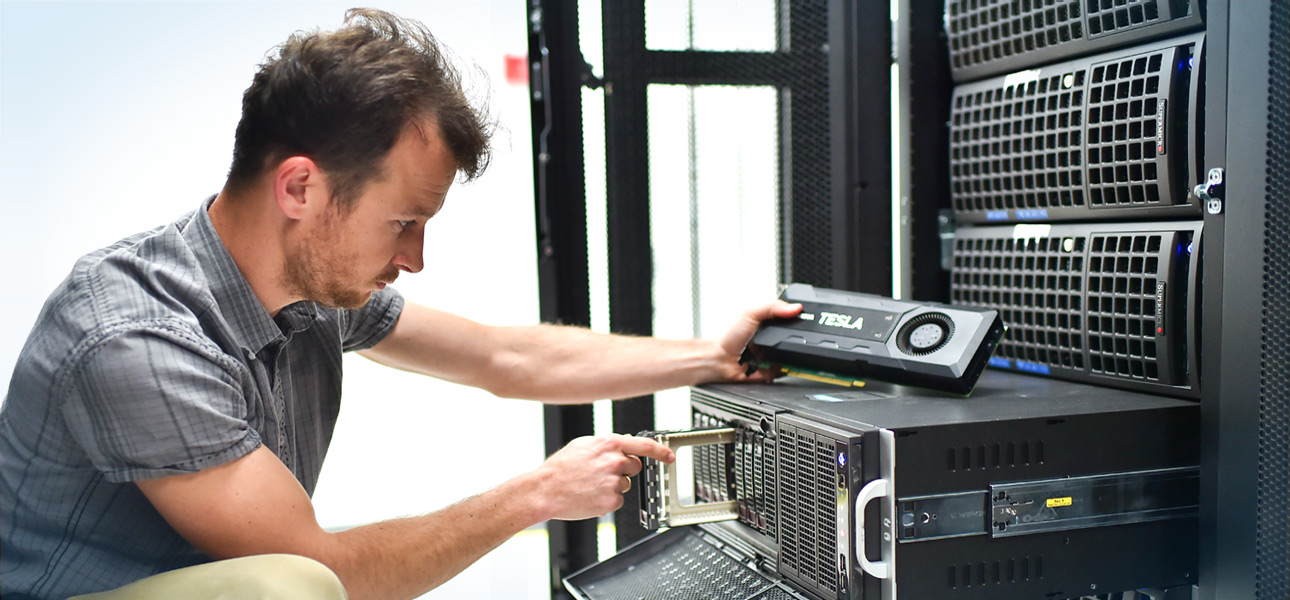
TDSI (Technion Data Science Initiative) is the Technion’s central framework for supporting and enhancing Data Science (DS) activities. Created in line with the national DS objectives, as outlined by the Israeli Council of Higher Education, TDSI aims to enhance and advance DS related research and education.
To date, more than 90 Technion researchers take part in this initiative from multiple faculties across the Technion campus.
TDSI promotes: (1) Internal research enhancement (2) External knowledge dissemination and research collaboration and (3) Data Science education.
Tech.AI, the Technion Center for Machine Learning & Intelligent Systems, is hosting TDSI and its various activities.
Many functionalities of TDSI and the Tech.AI overlap, although the focus may be slightly different. While the Tech.AI is more focused on relationships between the Technion and external bodies (such as industry), TDSI is also set to create internal change in the way researchers from multiple disciplines conceive, research, and educate with data.

The Technion is home to many researchers who research and apply Data Science. TDSI aims to enable and encourage collaborative research and improve knowledge dissemination and know-how sharing amongst our researchers.
TDSI supports DS studies of all scopes and sizes and aids Technion PIs to increase their use of advanced DS approaches and tools in all possible research domains.
TDSI emphasizes knowledge transfer and research collaboration with its surrounding eco-system. This entails advancing relationships with other academic bodies, industry as well as public sector bodies to increase knowledge transfer.
TDSI has dedicated roles (verticals) to ensure progress in all relevant domains.
The Technion as a Research University aims to bequeath data science knowledge to its many students. TDSI aids lecturers in incorporating Big Data in classical courses throughout the campus, developing new Big Data oriented courses and supports courses provided by external global experts.
To achieve these goals, a centralized view of the entire campus is required to avoid unnecessary effort, resource duplication and redundancy.